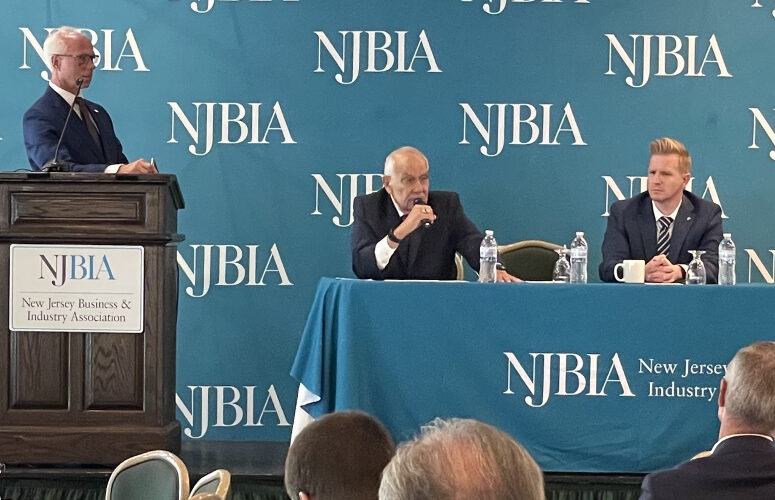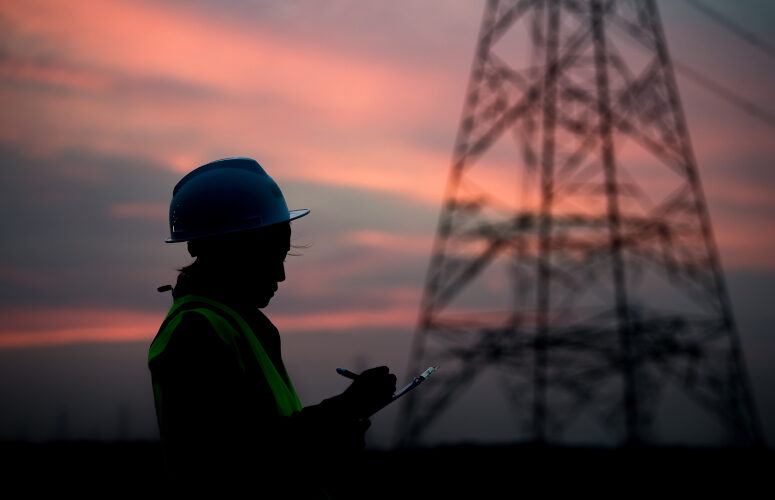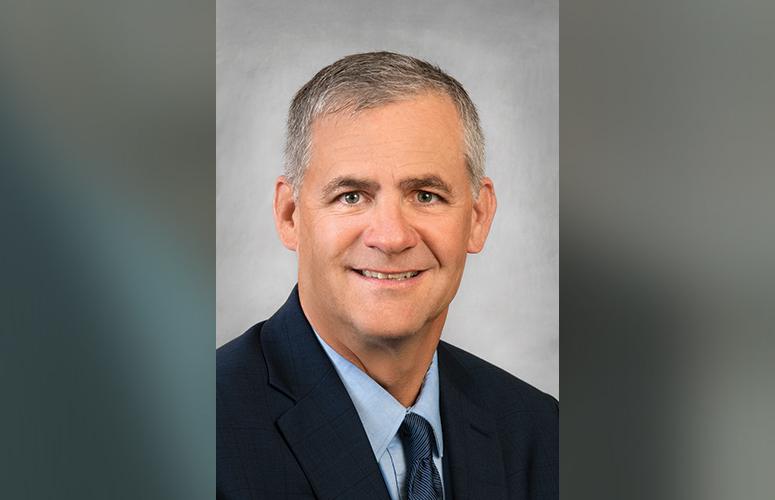
A Measured Approach to Clean Energy
By Jim Pytell, Managing Editor On Oct 22, 2021Today at the New Jersey Business & Industry Association’s (NJBIA) daylong Energy and Decarbonation conference, experts in the energy field as well as key policy and business leaders had an open and honest discussion about ways to help shape the business community’s policy response to the clean energy debate.
The Global Warming Response Act has set a goal of an 80% reduction of greenhouse gases by 2050, with the Murphy administration’s Energy Master Plan setting the goal of 100% clean energy (net-zero carbon emissions) by the same date.
While everyone can agree that protecting our planet is of utmost importance, there are still considerations to be made about the need for sound energy policies that will benefit the business community and society as a whole.
“Perhaps at no time since the start of the industrial revolution, fueled by the discovery of abundant carbon based fuels such as oil and coal, have we faced so many profound policy choices and implications for society,” said Ray Cantor, NJBIA vice president of Government Affairs.
“While we now know that carbon emissions can have significantly deleterious impacts, let us not forget that the modern world was built on energy, supplied primarily by carbon based fuels,” Cantor continued. “Nothing has done more to move humanity from abject poverty and increase our life expectancy than the modern industrial state powered by abundant and affordable energy.”
Board of Public Utilities (BPU) President Joseph L. Fiordaliso emphasized the importance of collaboration from all entities when making decisions on how to move forward on policy.
“We have to take this seriously,” he said. “I don’t want anyone to leave here today thinking that we just think of things and throw them up against the wall and see what sticks.
“I am not here to tell you that [clean energy] is not expensive – it is. But what we fail to look at consistently is the economic development and enhancements that are created by clean energy. Clean energy is good business,” Fiordaliso said, citing the offshore wind industry as an example, with New Jersey being in a prime spot to be the industry’s supply chain leader on the East Coast.
An additional point discussed was the timeframe in which clean energy changes would be made. Recently, the UN Secretary-General warned of imminent and irreparable harm to the planet, describing the situation as a “code red for humanity.” The sense of urgency from his words seems palpable, but the reality remains that a measured approach is necessary to keep society functioning.
“Nobody is flipping off the switch on natural gas tomorrow,” said. Shawn M. LaTourette, commissioner of the Department of Environmental Protection (DEP). “We need carbon-based fuels in order to power our economy. That reality exists notwithstanding the urgency of the clean energy movement.
“I firmly believe that we do not have to punish ourselves and punish our economy on the way to [achieving our goals],” LaTourette said. “We can unite the forces of economic development and environmental improvement to promote the public good.”
According to Cantor, reliability and affordability need to be the guardrails of our energy policies.
“As we move toward a cleaner energy future, I hope our policy makers understand the importance of both reliability and affordability to our economy and our citizens.”
To access more business news, visit NJB News Now.
Related Articles:





